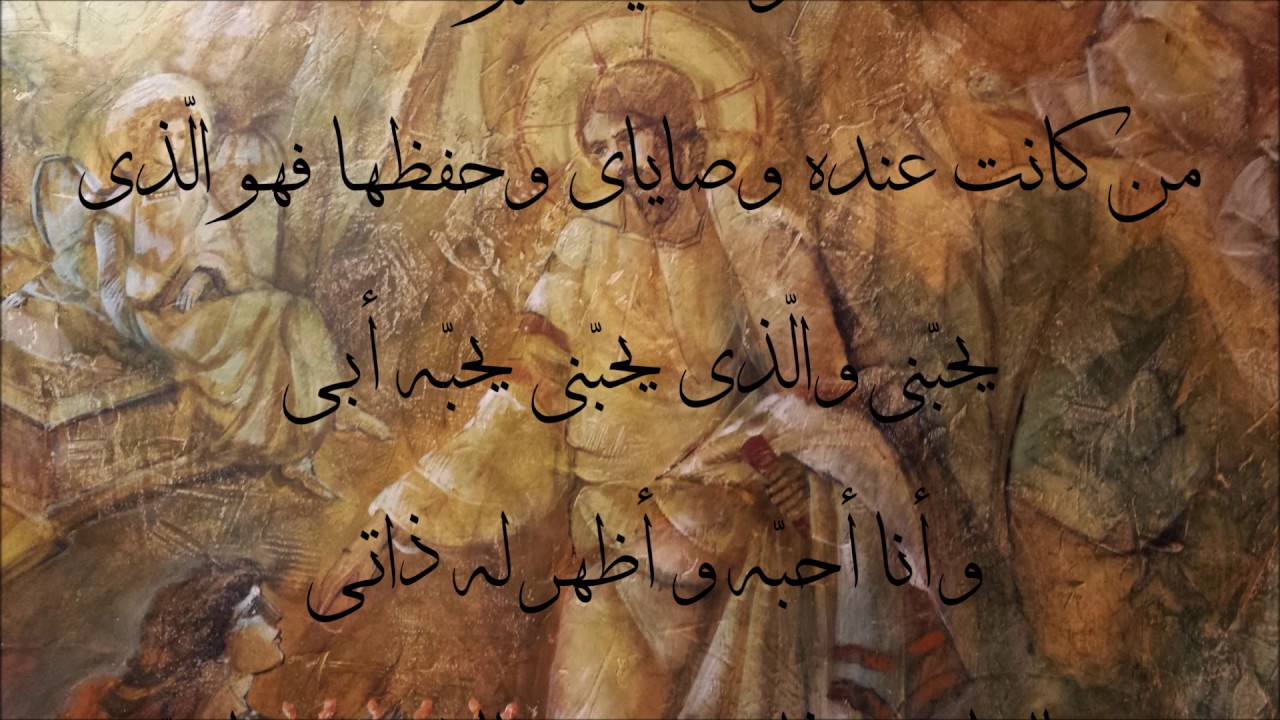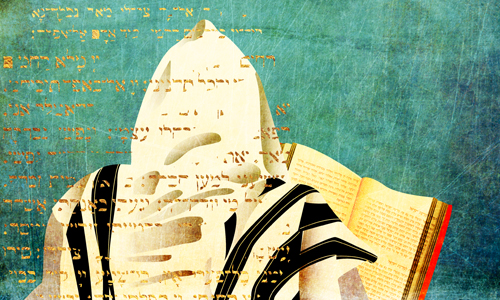What we can learn about the Companions' versions from the San'aa manuscripts and ahadith
In this article we will go deep into what I am calling the ‘philosophy of paper trails’. In specific, we will attempt to identify the history of the sacred text known as the Qur’an. We will do this by examining the text of the Qur’an itself as well as extra-Qur’anic Muslim sources such as the hadith and the tafsir, or Islamic commentaries. We also make use of scholarly, peer-reviewed sources such as Proquest and the Journal of Qur’anic Studies, popular online sources such as Wikipedia, and lesser-known but still credible articles that I had at my disposal. The questions we will ask and attempt to answer are not novel: Have the texts of the Qur’an been perfectly preserved since their initial emergence into 7th century Arabia, in the first century A.H. and to the present time? This article will argue no.
*The entire article (16 pages) can be downloaded at the end of this condensed version.
Sam and Adam reflect on comparative religion and the gospel
by Sam Alvarado and Adam Simnowitz
As Ramadan comes to an end, I can’t help but ponder on what I observed in my neighborhood. ...I can’t help but to be reminded of how Jesus answered a question posed to him by people seeking to be justified before God. They asked him, “What shall we do that we may work the works of God?” Click here: https://www.youtube.com/watch?v=nrMXlQ2ZWJ0
.............................................................................................................................................................................................................
I have a Syrian Muslim friend with whom I have shared the message of Jesus many times. Once he objected to the idea that people can be forgiven simply by believing that Jesus died on the cross for our sins. It seemed to him that if a person could be guaranteed forgiveness, he would use this as an excuse to commit whatever sin he so pleased.

How 1 plus 1 plus 1 is not a real objection to the triune nature of God
 |
"Been there, tried that. '1+1+1 does not equal one.'"
I have heard this math operation as a proof that the Trinity can't exist before. It is a very popularized Muslim objection to the Trinity. I never quite understood it and I am not sure why we should assume the operation for such a question would be addition. Why not multiplication? 1 x 1 x 1 = 1 after all.
Voila! Problem solved. |
"Been there, tried that. '1+1+1 does not equal one.'"
What must it be like to live as a Muslim?
by Adam Jones
I sometimes try to imagine what it feels like to live as a Muslim. Muslims have been given a set of rules and laws to live by, found in the Qur'an and the accompanying hadiths. These laws apply to all aspects of life from what to eat, how to dress, how to greet, how to bless, how to do just about anything. As times have changed since the 7th century, there are jurist (interpreters of the laws) who help Muslims understand what is halal (acceptable) and what is haram (forbidden).

The time when Prophet Haroon instituted the first fast in Israel
by Mert Hershberger
Will we feast or fast when failure looms? The world will say, “Let us eat, drink, and be merry for tomorrow we may die.” Have fun while you can. The Lord’s chosen instead set aside their own pleasure when the Lord is displeased that we may humbly seek the Father’s favor once more. When you fast or when you feast, why do you do it? Are you seeking to impress others? Do you mourn over your sins and the sins of your family? Or do you merely meet to taste the flesh of beasts at your feasts? Is your fasting a show or are you truly humbled as Aaron was?
